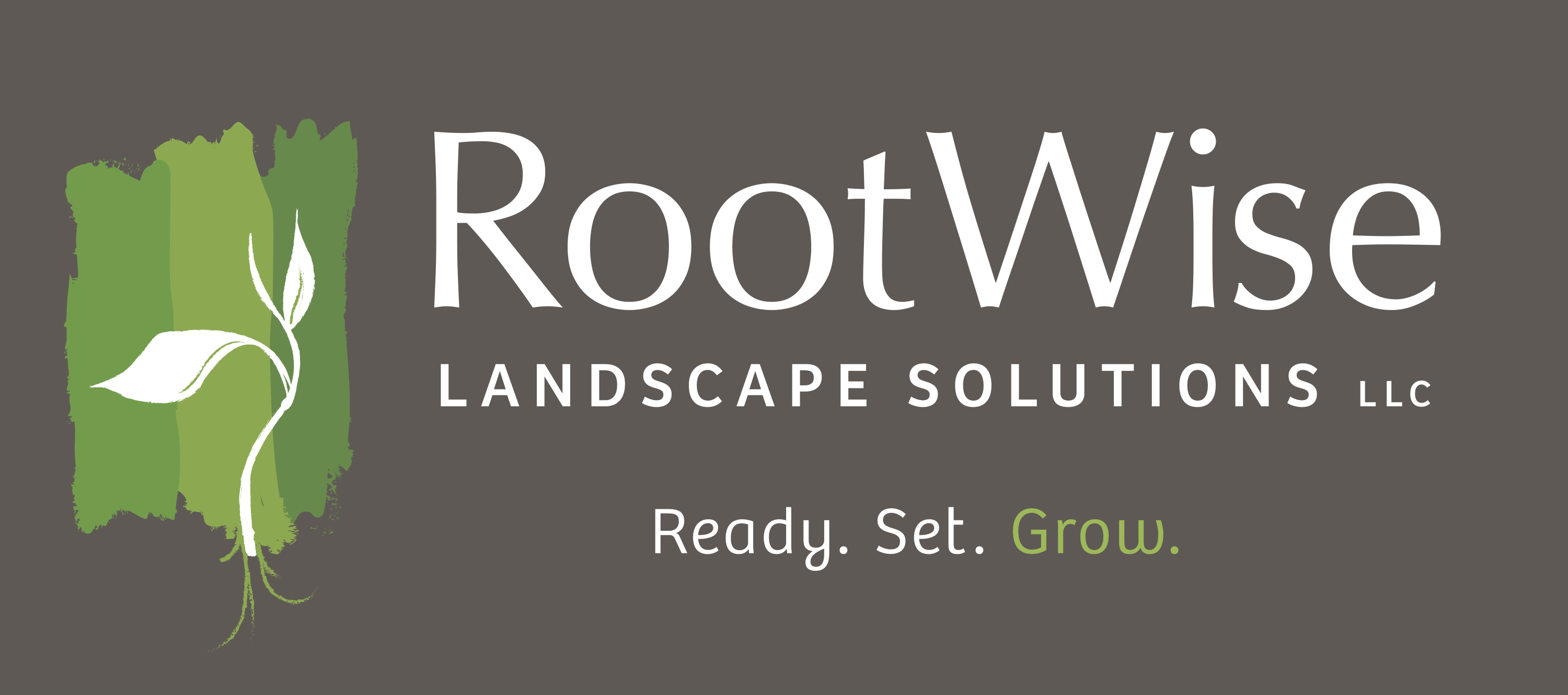RootWise Frequently Asked Questions:
What’s the deal with organic lawn care?
The goal of organic lawn care is to improve soil structure rather than merely feeding the turf. With organic fertilization, we create a self-sustaining environment for your plants and turf to thrive, and break the costly, chemically dependent cycle of conventional fertilization. In doing so, we reintroduce healthy microbial activity back into your soil and diminish harmful watershed runoff caused by synthetics.
Why should I hire an organic lawn care professional instead of going with a conventional company?
Hiring an organic-based lawn care firm is more cost-effective over time, as you rid your lawn of its dependence on costly, frequently needed chemical applications. The other elephant in the room is your conscience: You’ll sleep better at night knowing you’ve made a considerate choice for yourself and future generations. You’ll be saving money & saving the environment when you choose organic: win, win!
When and how often should I fertilize my lawn?
The majority of lawns in WNC consist of tall fescue grass, which is best fertilized biannually, in early spring and early fall. Fertilizing at the wrong time of year increases plant stress, and can result in higher disease vulnerability.
When should I prune shrubs and/or trees?
Pruning is specific to when a plant flowers or fruits, but the end goal for your landscape as a whole is a consideration as well. We’re happy to consult you on this in person to make sure your shrubs and trees are being pruned in a proper and timely fashion.
Why should I mulch my beds?
Mulch is critical to organic landscaping as it provides nutrients for the soil, protects roots during extreme conditions, promotes moisture retention, prevents weed seed germination, and the fan favorite: it’s aesthetically pleasing.
How often should my lawn be mowed?
Growth rate of a lawn is dependent on multiple factors like soil nutrition, sunlight availability, foot traffic and hydration. A general rule is to never remove more than 1/3 of the plant per mow, which typically means a mow should occur every 7-14 days. People sometimes think the shorter the lawn the better, but that isn’t necessarily true as that can actually encourage weed seed germination and lead to unwanted growth and stressed grass.
What is the best time of year to renovate an existing lawn?
Fall is the best season to make improvements or modifications to an existing lawn in WNC.
How do I get rid of weeds in my lawn?
Establishing and consistently maintaining healthy organic turf is the best natural weed control. Although, not all weeds found within turfgrass are harmful. For example, many Asheville-area lawns have some Dutch clover mixed within the grass. Although Dutch clover is technically a weed, it is also in the legume family and can be very beneficial as it adds nitrogen back into the soil. And when mowed, the clover adds to the look of a full, green, lustrous lawn. But in general, mowing on a regular schedule will keep weeds ‘in check’, and keep them from going to seed and spreading.
What is soil PH all about?
Testing your soil PH means we take a complimentary sample of your soil and have it checked by the NC Department of Agriculture & Consumer Services for acidity vs. alkalinity. This is important information, as it gives us a baseline as to the health of your soil at that time, and lets us know what specific needs should be addressed to make sure your plants and turf are able to receive and maintain optimal nutrition levels.
Do you charge for a property consultation?
No! At RootWise we’re always happy to come to you on your schedule, free!
Call us now to set up your complimentary consultation! 828-301-9976

